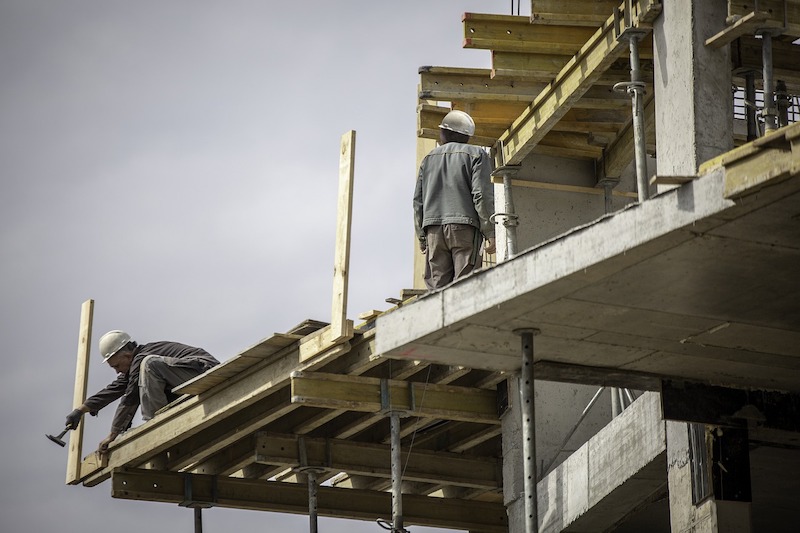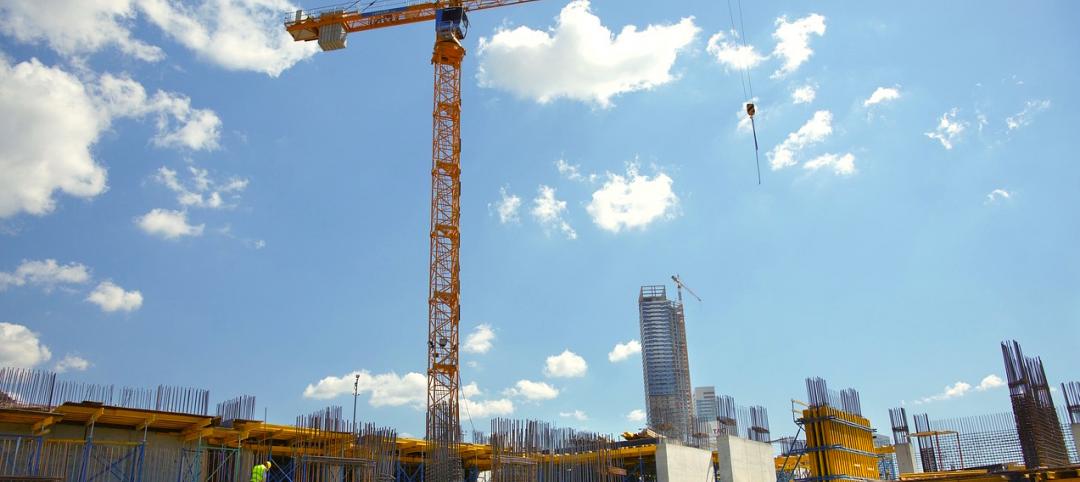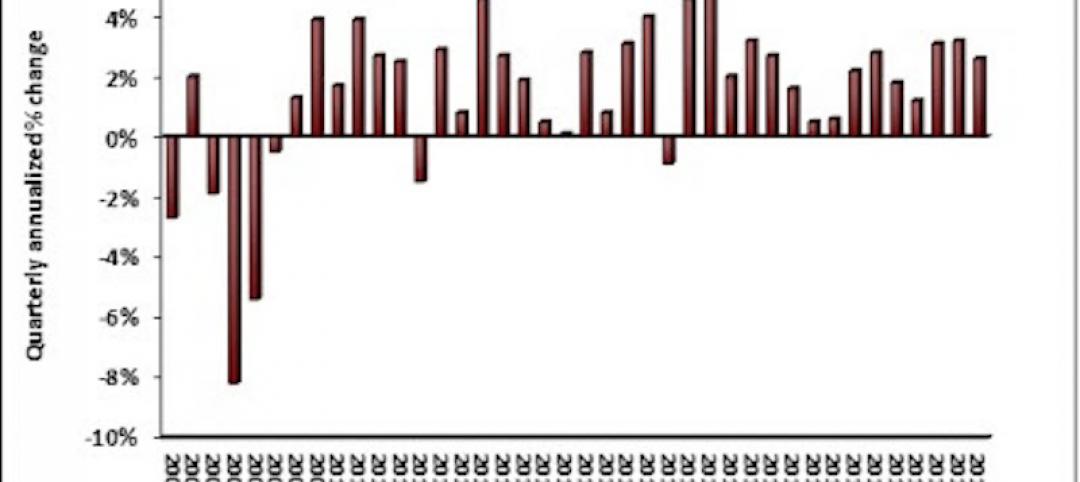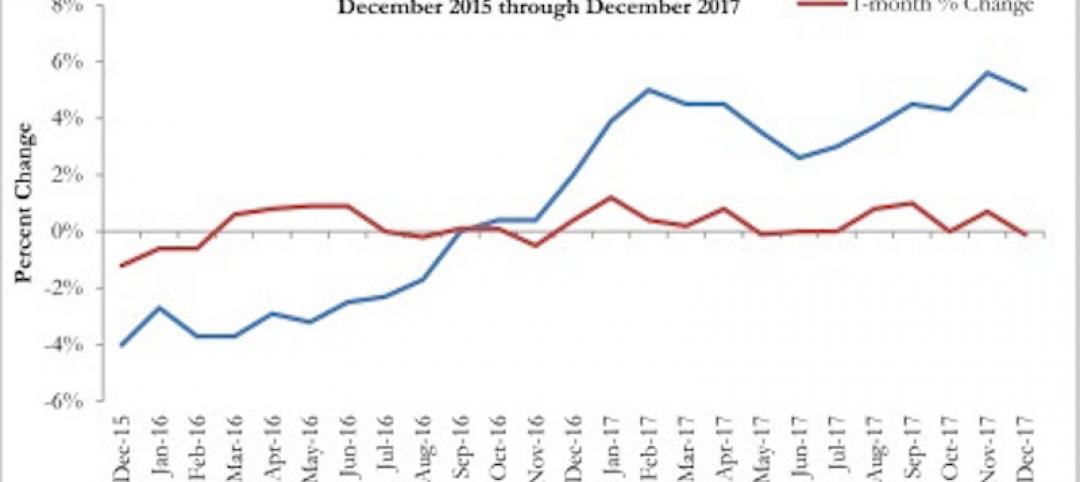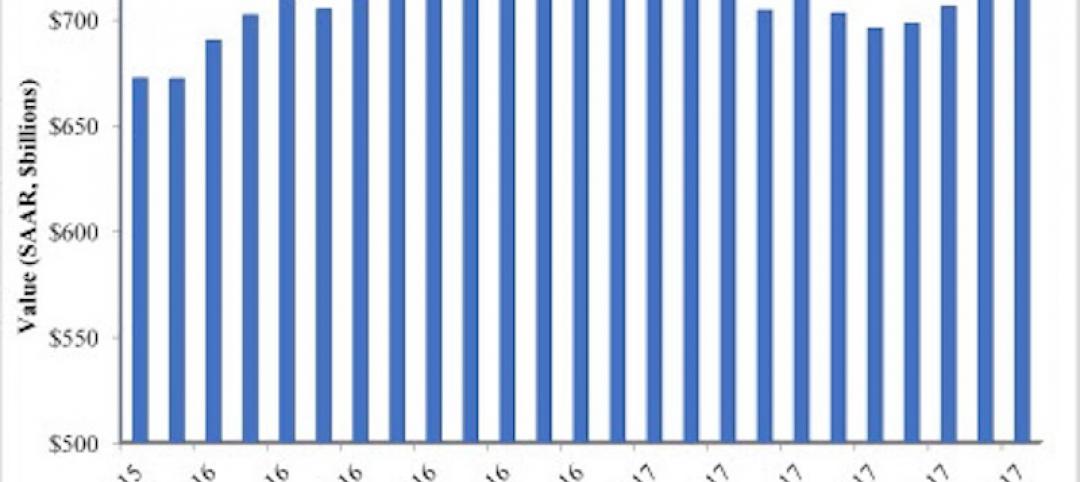Construction employment increased by 20,000 jobs in December and by 151,000, or 2.0 percent, in all of 2019, according to an analysis of new government data by the Associated General Contractors of America. Association officials noted that its recent survey found three out of four contractors expect to keep adding workers in 2020, but even more respondents found it difficult to fill positions in 2019, and a majority anticipate it will be as hard or harder to do so in 2020. Officials called on the federal government to increase funding for career and technical education and expand employment-based immigration for workers whose skills are in short supply.
“More than four out of five respondents to our survey said they were having a hard time filling salaried or hourly craft positions in 2019,” said Ken Simonson, the association’s chief economist. “Nearly two-thirds of the firms say that hiring will be hard or harder this year. In light of those staffing challenges, costs have been higher than anticipated for 44 percent of respondents and projects took longer than anticipated for 40 percent of them. As a result, 41 percent of respondents have put higher prices into their bids or contracts and 23 percent have put in longer completion times.”
Simonson observed that both the number of unemployed workers with recent construction experience (489,000) and the unemployment rate for such workers (5.0 percent) were the lowest ever for December in the 20-year history of those series. He said these figures support the survey’s finding that experienced construction workers are hard to find.
“Contractors are confident that there will be plenty of projects in 2020,” Simonson added. “Our survey found that for each of 13 project types, more contractors expect an increase in 2020 than a decrease in the dollar value of projects they compete for.”
Association officials said the optimistic outlook for projects depends on having an adequate supply of qualified workers. The officials urged the Trump administration and Congress to double funding for career and technical education over the next five years, pass the JOBS Act to expand opportunities for students seeking alternatives to college, and enable employers who demonstrate an unfilled need for workers to bring them in from outside the U.S.
“Construction can play a major role in sustaining economic growth, but only if the industry has an expanding supply of both qualified workers and new entrants to replace retirees,” said Stephen E. Sandherr, the association’s chief executive officer. “Construction firms are working hard to overcome labor shortages, but federal officials must do their part by adequately funding career and technical education, making it easier for students to qualify for loans for short-term technical education programs and putting in place needed immigration reforms.”
View the 2020 Construction Outlook Survey.
Related Stories
Multifamily Housing | Feb 15, 2018
United States ranks fourth for renter growth
Renters are on the rise in 21 of the 30 countries examined in RentCafé’s recent study.
Market Data | Feb 1, 2018
Nonresidential construction spending expanded 0.8% in December, brighter days ahead
“The tax cut will further bolster liquidity and confidence, which will ultimately translate into more construction starts and spending,” said ABC Chief Economist Anirban Basu.
Green | Jan 31, 2018
U.S. Green Building Council releases annual top 10 states for LEED green building per capita
Massachusetts tops the list for the second year; New York, Hawaii and Illinois showcase leadership in geographically diverse locations.
Industry Research | Jan 30, 2018
AIA’s Kermit Baker: Five signs of an impending upturn in construction spending
Tax reform implications and rebuilding from natural disasters are among the reasons AIA’s Chief Economist is optimistic for 2018 and 2019.
Market Data | Jan 30, 2018
AIA Consensus Forecast: 4.0% growth for nonresidential construction spending in 2018
The commercial office and retail sectors will lead the way in 2018, with a strong bounce back for education and healthcare.
Market Data | Jan 29, 2018
Year-end data show economy expanded in 2017; Fixed investment surged in fourth quarter
The economy expanded at an annual rate of 2.6% during the fourth quarter of 2017.
Market Data | Jan 25, 2018
Renters are the majority in 42 U.S. cities
Over the past 10 years, the number of renters has increased by 23 million.
Market Data | Jan 24, 2018
HomeUnion names the most and least affordable rental housing markets
Chicago tops the list as the most affordable U.S. metro, while Oakland, Calif., is the most expensive rental market.
Market Data | Jan 12, 2018
Construction input prices inch down in December, Up YOY despite low inflation
Energy prices have been more volatile lately.
Market Data | Jan 4, 2018
Nonresidential construction spending ticks higher in November, down year-over-year
Despite the month-over-month expansion, nonresidential spending fell 1.3 percent from November 2016.


